Mohawk Trail, Hawlemont budgets get school board approval, head to Town Meeting
| Published: 03-05-2024 3:42 PM |
With both the Mohawk Trail and Hawlemont regional school district school committees having approved proposed budgets for fiscal year 2025, the funding requests will now come before Annual Town Meeting voters this spring.
Following a budget hearing on Feb. 21, the Mohawk Trail School Committee voted on Feb. 28 to approve a $26.17 million total budget, which factors in all revenue from grants and revolving funds. This reflects an increase of 3.9% or $981,408 over fiscal year 2024’s total budget. Of this, nearly $13.99 million — an increase of $726,128 or 5.54% — will come from town assessments.
“FY25 is a lot more about sustainability than putting together a one-year budget,” said William Lataille, assistant superintendent of business and finance for both school districts. He explained that the budget included using reserved School Choice funds, revolving funds and grant funds with the coming years in mind as the districts complete a sustainability study.
Lataille pointed out that Chapter 70 state aid has remained virtually unchanged for more than 20 years. Additionally, not only has the reimbursement for transportation costs under Chapter 71 decreased from 90% in FY24 to 60% in FY25, but the school district is also entering into a new five-year busing contract that sees increased costs.
The school district also faces significantly higher special education costs. The district was unable to hire staff to run special education programs, resulting in the need to send students to other programs, thus increasing transportation costs.
“Initially proposed expenses were reduced by $343,000 primarily through attrition, reconfiguration and omitting unfilled staff positions,” Lataille said.
Committee members and Lataille spoke about the high cost of transportation arising from the lack of bus drivers available for hire and the issue that there has only been one bidder when the district seeks a transportation contract. While they attempted to lower transportation costs by creating a consortium with many schools to secure a contract, this still led to a 12% increase.
“With a 250-some-odd-mile school district, it’s gonna cost a lot to get the kids there,” said committee member Budge Litchfield. “It’s painful.”
Article continues after...
Yesterday's Most Read Articles
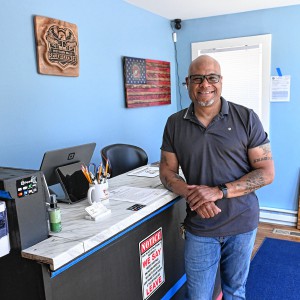 Retired police officer, veteran opens firearms training academy in Millers Falls
Retired police officer, veteran opens firearms training academy in Millers Falls
 Valley lawmakers seek shorter license for FirstLight hydropower projects
Valley lawmakers seek shorter license for FirstLight hydropower projects
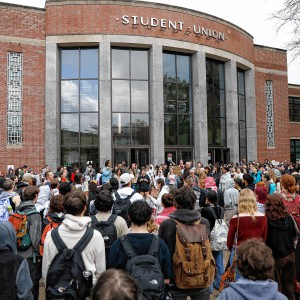 More than 130 arrested at pro-Palestinian protest at UMass
More than 130 arrested at pro-Palestinian protest at UMass
 Baseball: Caleb Thomas pitches Greenfield to first win over Frontier since 2019 (PHOTOS)
Baseball: Caleb Thomas pitches Greenfield to first win over Frontier since 2019 (PHOTOS)
 Real Estate Transactions: May 10, 2024
Real Estate Transactions: May 10, 2024
 As I See It: Between Israel and Palestine: Which side should we be on, and why?
As I See It: Between Israel and Palestine: Which side should we be on, and why?
After its Feb. 29 budget hearing, the Hawlemont School Committee voted to approve a total budget of nearly $2.89 million. Although the total budget represents an increase of 5.35% over FY24’s numbers, due to money factored in from grants and revolving funds, assessments to towns actually decreased. Town assessments account for $1.58 million of the total, a decrease of $35,709 or 2.21% compared to this year’s figures.
“Leading up to the budget, there has been a tremendous amount of work done by the entire staff at Hawlemont, but particularly [Principal Amber Tulloch, who has been] trying to manage declining revenue with creative solutions,” Superintendent Sheryl Stanton said at the budget hearing.
The budget was able to remain stable from FY24 to FY25 in part because Tulloch has been applying for and securing grants for the district.
Still, Hawlemont faces similar difficulties to Mohawk Trail, such as high costs for transportation and special education. The district attempted to curb transportation costs by decreasing the total number of bus routes from three to two. However, transportation expenses still saw a major increase due to lower reimbursements from the state and a new contract with the bus company.
At both hearings, committee members mentioned that Phase 2 of a sustainability study is underway. This study will help the districts evaluate their needs and suggest changes the districts could make to improve education as well as make education more affordable for the towns.
Bella Levavi can be reached at 413-930-4579 or blevavi@recorder.com.

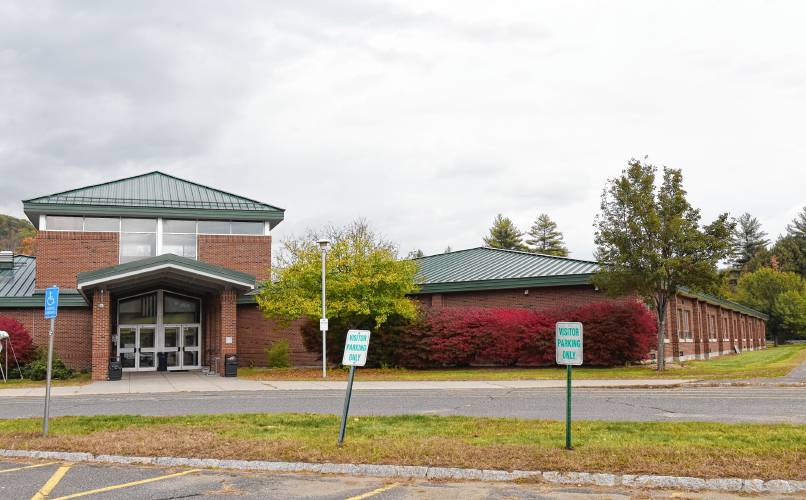
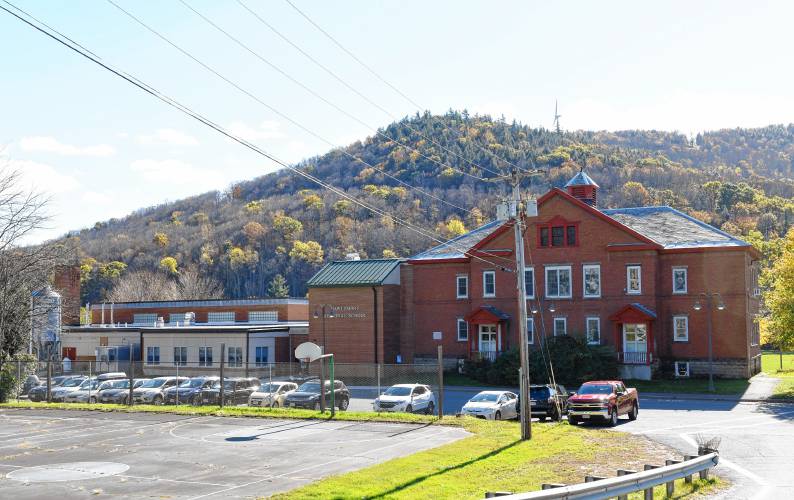
 UMass graduation speaker Colson Whitehead pulls out over quashed campus protest
UMass graduation speaker Colson Whitehead pulls out over quashed campus protest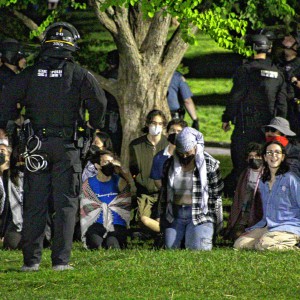 UMass student group declares no confidence in chancellor
UMass student group declares no confidence in chancellor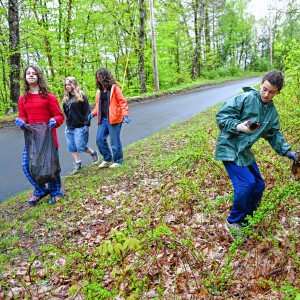 Four Rivers Climate Club organizes litter cleanup, panel on environmental activism
Four Rivers Climate Club organizes litter cleanup, panel on environmental activism
